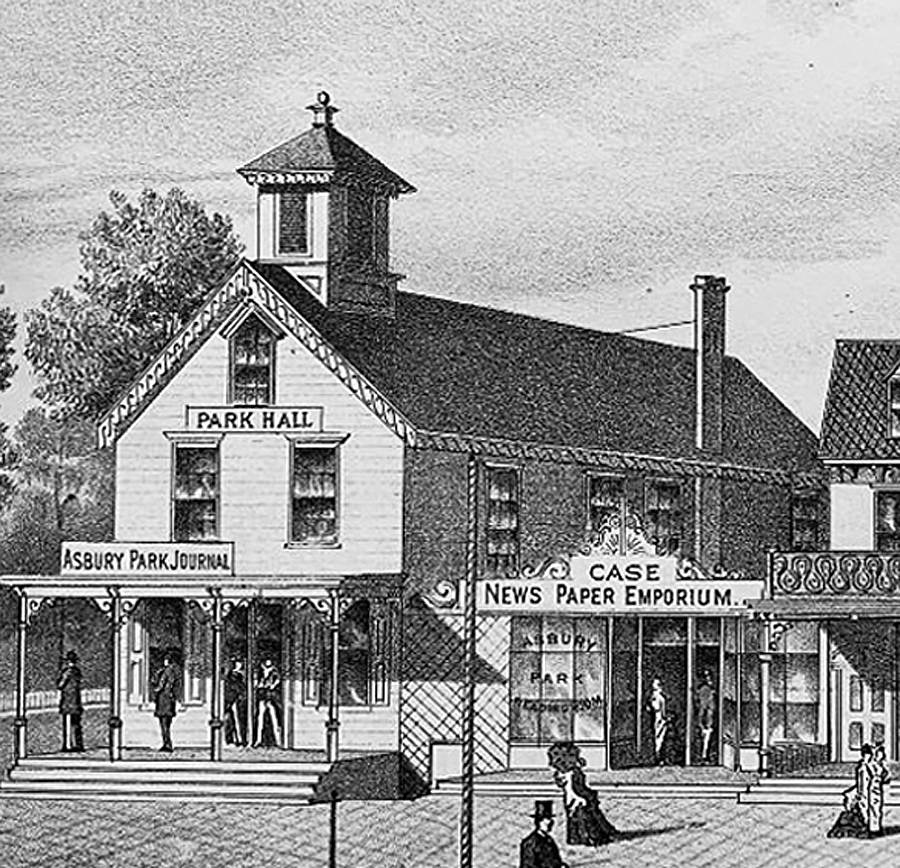
Park Hall
Asbury Park can claim numerous historic buildings, many no longer there. But, perhaps the most important building in the city’s history was the first public building, Park Hall. Asbury Park was founded in, by James A. Bradley in 1871. Park Hall was built the same year. Aside from a couple homes, Park Hall was the first building to occupy the new city. Bradley needed an office to work in while he planned…
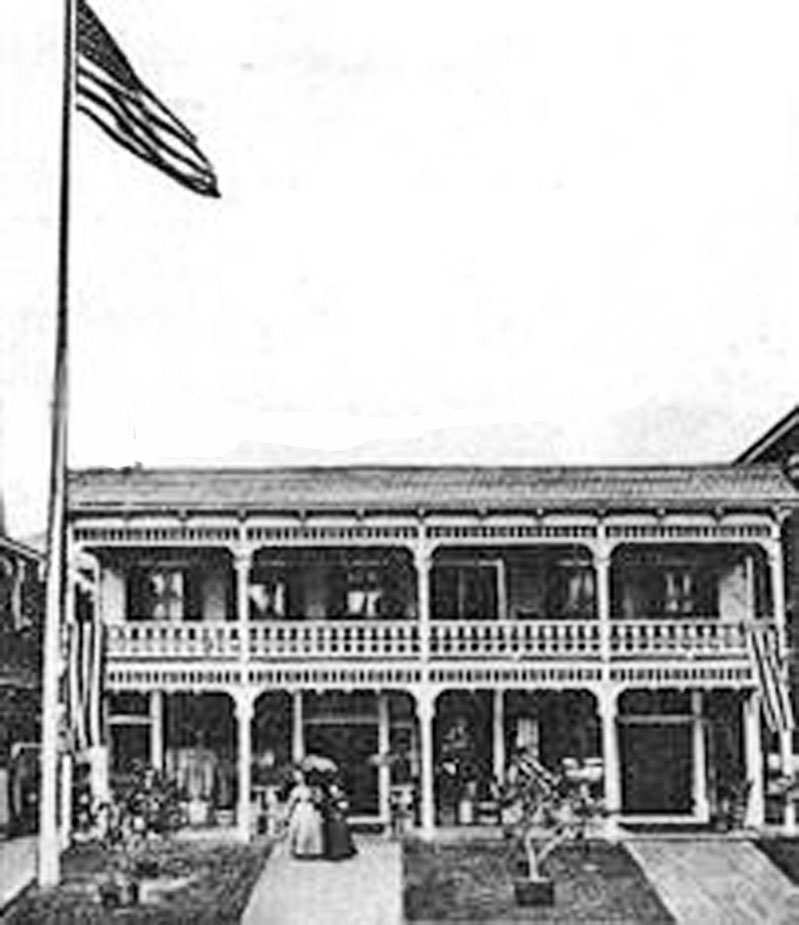
Day’s Ice Cream Garden
Ice cream and summer shore resorts seem to go hand in hand. Ice cream has been around for centuries but it was not until the 1870’s that technological advances in industrial refrigeration and electric power made ice cream more accessible. This coincided with the beginnings of Asbury Park. One of the first ice cream parlors (called ice cream gardens then) was Day’s Ice Cream. …
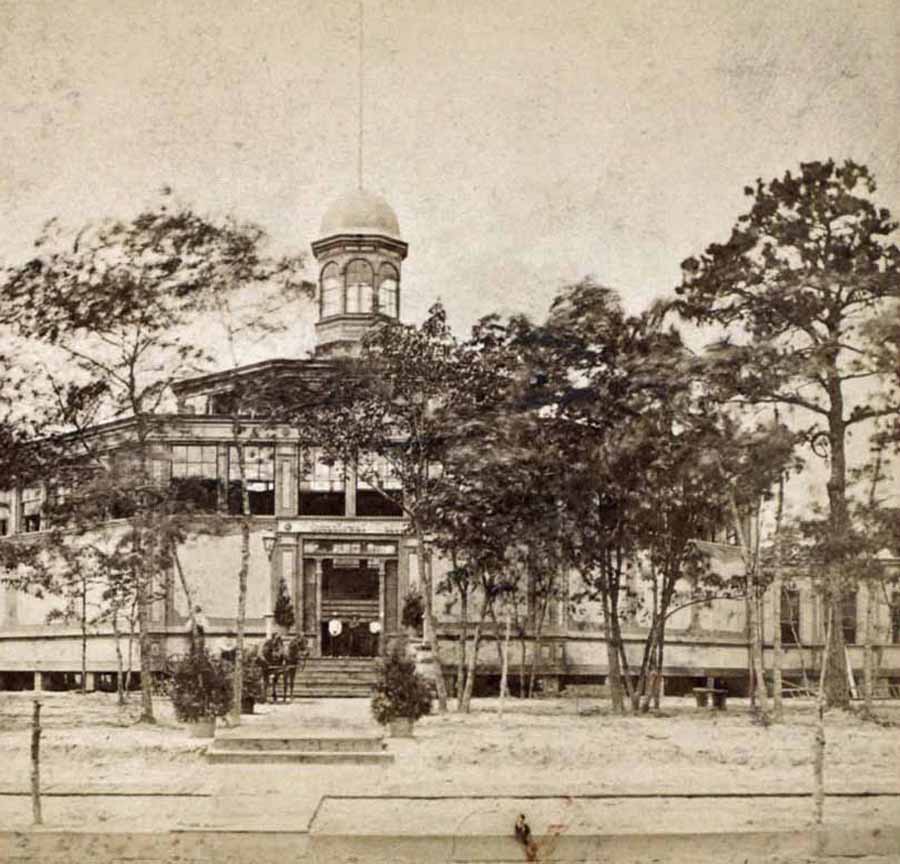
Educational Hall
If Park Hall is most important building in Asbury Park’s history, Educational Hall has to be the second most important. Educational Hall has the unique history of having been built and disassembled three times. It was originally built around 1875 in Philadelphia’s Fairmount Park where it served as part of the Philadelphia Centennial Exposition of 1876. The eight-sided building was divided radially into eight booths, each dedicated to a different phase of education – hence the name Educational Hall. A grand building, it could hold 1,500 people.
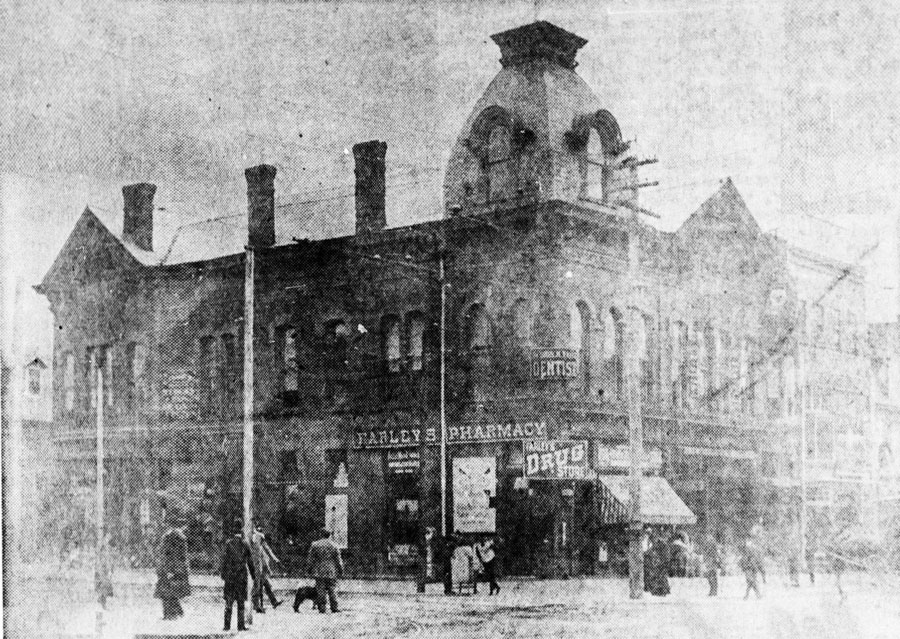
The Ogden / Grenelle / Farley Pharmacy
Sometime around 1888, Henry L. Ogden started an Asbury Park pharmacy that would, under different ownership, last until 1953. Henry L. Ogden was born in 1859 in Keyport, New Jersey, where his father, Rufus Ogden ran the local post office out of his harness maker shop. Henry Odgen became a druggist, first practicing in the early 1880’s in Manasquan. Ogden’s first Asbury Park pharmacy was located at 214–216 Main Street, across from the railroad depot.
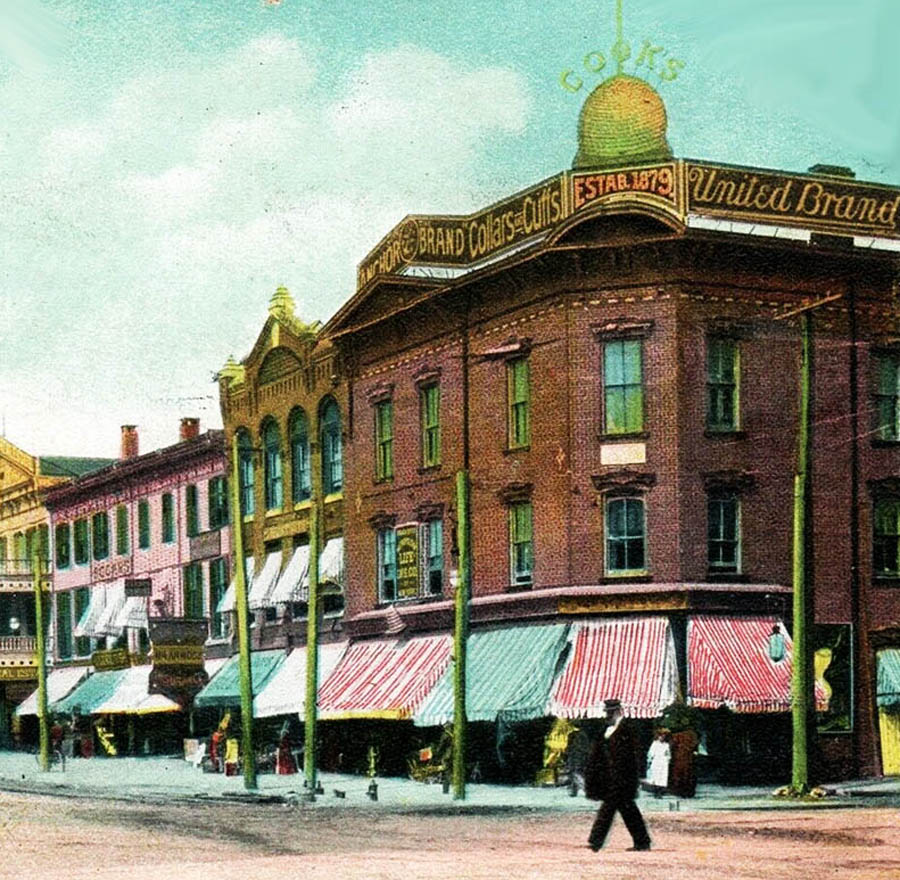
J. H. Cook’s Bee Hive Store
J. H. Cook’s Bee Hive was one of the earliest dry goods stores in Asbury Park. It was started by John Harry Cook, a Philadelphia born son of German Immigrants who arrived in Asbury Park in either 1879 or 1881 while in his mid-twenties. At first, he opened a small dry goods store on Cookman Avenue. Cook was so successful that he soon built a much larger three-story store at 200 Main Street on the northeast corner of Cookman and Main.
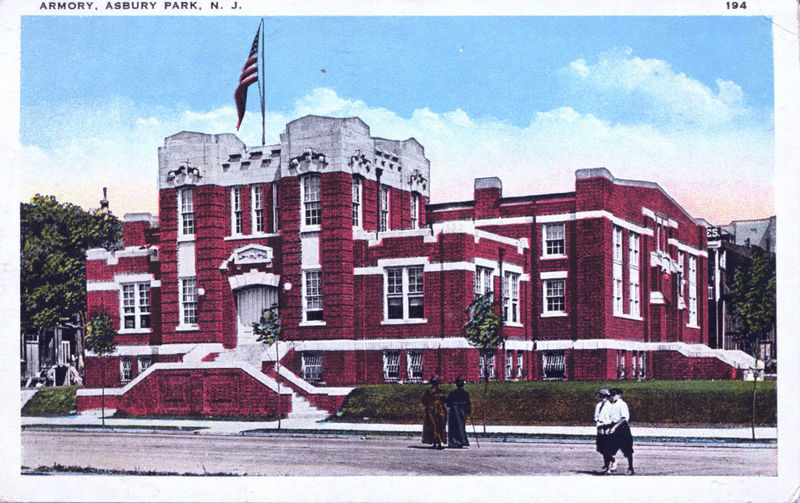
Asbury Park Armory and Asbury Park’s Black Music Scene
The Asbury Park Amory at Lake Avenue and Bond Street is one of Asbury Park’s most historic buildings. In addition to its military significance, the Armory has played an important role in the city’s sports and music history. In the 1940’s and 1950’s the Armory gained importance as a music venue for black entertainers playing for black audiences. With Asbury Park being segregated, there were limited options on the West Side where dances could be held for black youth.